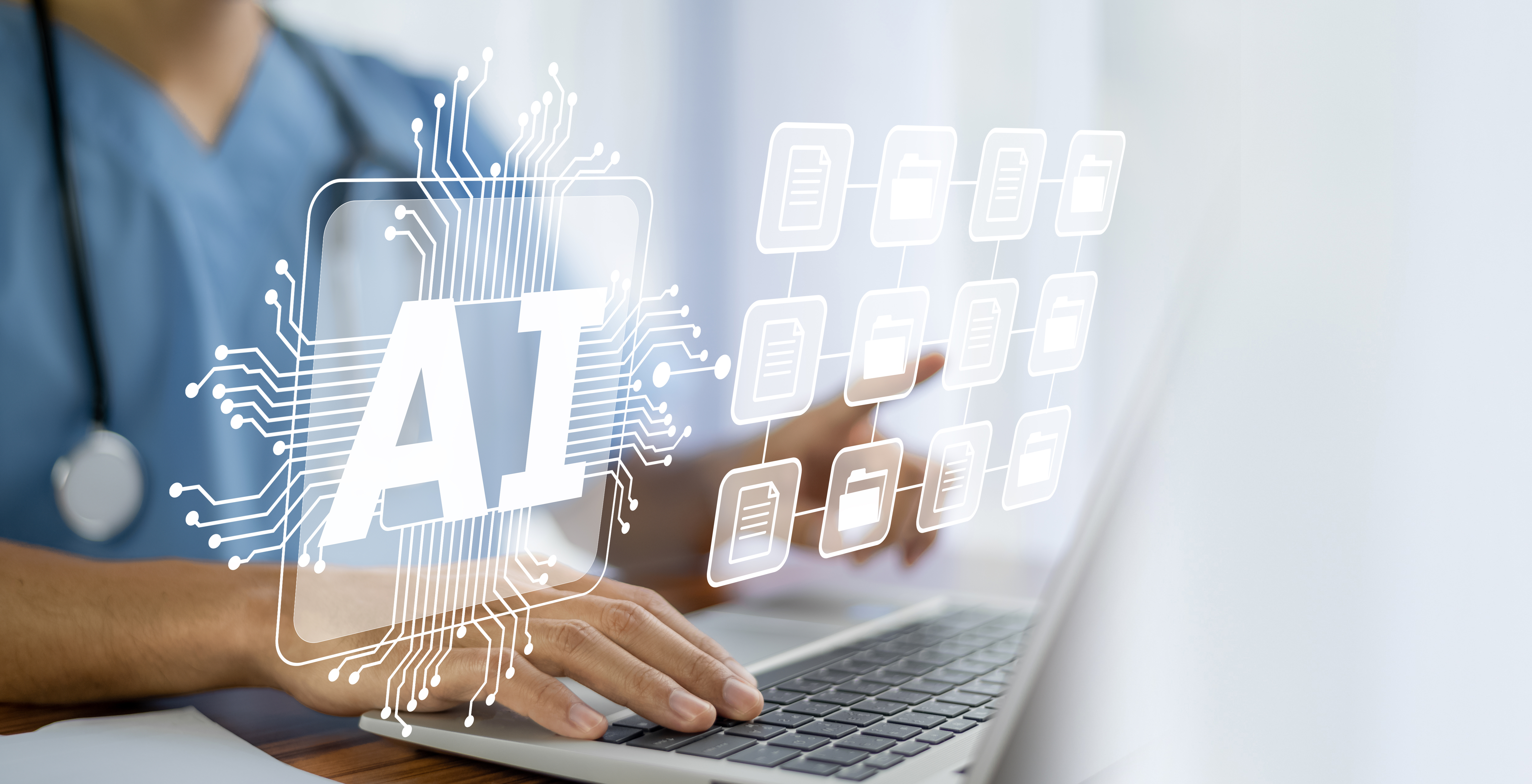
Any time artificial intelligence (AI) is mentioned to doctors, it elicits a mixture of reactions that include discomfort, disgust, and distrust—sometimes all at once. Because my reaction when AI is mentioned in any health care context is engaged, hopeful, and possibly even giddy, I was unprepared these sentiments when I began my career in emergency medicine.
Explore This Issue
ACEP Now: Vol 40 – No 01 – January 2021Even with a proper understanding, criticism of AI in health care reflects ongoing distrust. Distrust in medical research is not unique to AI. Furthermore, AI does not promise to be a silver bullet for many of our problems. But AI is a tool through which we can look at data already being collected and possibly garner more meaningful conclusions.
Even most experts agree that AI cannot predict anything that a human would not have been able to. So why is AI better?
The two primary advantages AI brings to medicine relate to reducing errors and improving financial sustainability by reducing inefficiencies.
Change is hard in medicine. That’s especially true when new technology is involved. I propose that AI in health care has the potential to be the singular most disruptive change we see in medicine over the next 20 years. If emergency physicians continue to ignore it, it will be a change that happens to us and to the detriment of our patients and our practice. Instead, we should embrace AI so the changes it brings are by us and for us.
AI in EM
Currently, more than 1,000 companies are integrating AI in various aspects of health care. Last year, more than $4 billion was invested by venture capital in this space. These numbers are expected to increase this year, reflecting the magnitude in anticipated future savings that may come from tackling widespread inefficiencies in the health care system. As we know, inefficiencies exist in almost every single link in the U.S. health care delivery chain.
Let’s explore some novel projects in five different categories that stand to have substantial impact on our practice of emergency medicine.
1. Information collection and processing: Smart devices are already collecting and interpreting information for patients, including everything from ECG bands for professional athletes to heart monitors on smart watches. There are “medical grade” smart devices such as pacemakers and Holter monitors that track heart rates, label what they see, and send alerts. By now, we have all seen or heard about patients seeking medical evaluation because of an alert they received or an anomaly they noticed from these devices. Now, it’s not just wearables that are making their way into hospitals. Aside from the telemetry monitoring devices, we will soon have other devices hooked up to our patients, analyzing (quite literally) their outputs. For example, Potrero has a bedside Foley device to automatically detect anomalies in urine output for early detection of acute kidney injury in ICU patients. It has been tested at Grady Hospital in Atlanta. With COVID-19 in our midst, the value proposition for remotely monitoring anything has skyrocketed. Think of all the personal protective equipment saved and the reduced risks to staff.
2. Medical decision making: Not everything in AI in health care comes from for-profit vendors. Researchers at Stanford University and Duke University completed a study on more than 3,000 patients, showing their AI algorithm’s ability to detect pulmonary embolism to be highly effective. It may even be the best existing algorithm from an accuracy perspective. Their model evaluated more than 750 different variables, including medications, demographics, vital signs, and all the data from an individual’s prior visits (see Figure 1). As a patient, which algorithm would you choose to decide whether you should get a CT angiogram? In this case, the accuracy was only about 80 percent. That’s still higher than other algorithms (about 70 percent), but some wiggle room remains. My prediction and hope: Can sepsis be next?
Pages: 1 2 3 | Single Page





No Responses to “If Physicians Embrace Artificial Intelligence, We Can Make It Work for Us”